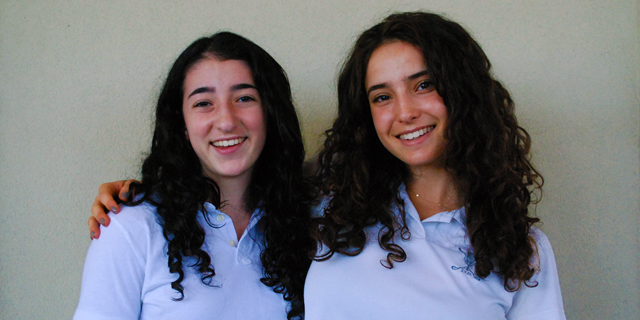Dear UV Editors,
During the early phases of the COVID pandemic, Marlborough reshaped its schedule, giving students more time to complete classwork asynchronously (without teacher instruction). Since then, the school has been easing students back into a regular school environment, but class time, which was severely shortened over the pandemic, has not caught up. I am not suggesting that Marlborough join some schools in adopting drastic measures like eight-hour school days or two-hundred-day years. Instead, I propose that we increase class hours back to pre-pandemic levels with the pursuit of our school’s values of community and academic rigor in mind.

Advanced Placement courses, whose curriculums are nationally standardized, present an excellent case study for how the lack of instructional hours affects students and teachers. In my math class, AP Calculus AB, we spend 4,620 minutes in class before the AP test. Considering the number of class periods that the College Board recommends per unit and the shorter class periods (which I’ve estimated at 55 minutes) at the average public school, I calculated the recommended preparation time: 5225 to 6820 minutes. This calculation reveals that Marlborough’s AP Calculus AB students are missing 8 to 31 classes during the time we have to learn the curriculum before the AP test in May. This gap translates to more skipped material, less time for review and synthesis of information, and more independent work outside of school hours. Although AP courses have received criticisms beyond the issue of time constraints, our curricula have been packed across all levels and subjects even before the recent schedule reductions. To maintain the same level of density, courses have had to cut out labs, opportunities to practice critical thinking and entire novels to dedicate enough time to skim through thousands of years of history or cover necessary background information for the subject. I believe that there is a significant benefit to learning material from a real human being in a classroom compared to learning from a textbook or video; in-class learning allows students to engage more deeply with the subject and explore more varied topics.
Community Time was born in the name of creating more flexible time for students to get work done and meet with teachers, but the extra time is being far outpaced by the corresponding increase in individual work that has emerged from the overflow of material from classes. In their current formulation, Community Days contribute to student stress by forcing large amounts of reading and writing into smaller spaces and accelerating the rate at which students must learn and synthesize coursework. Even during a five-day week (now a relatively rare occurrence), classes meet for only three hours and thirty minutes or less over the entire week. Studies have repeatedly shown that instructional hours are vital to information retention, meaning that the current schedule forces us not only to study more but also to study less effectively. Is an extra afternoon (likely taken up by socialization) of study time really worth it?
The problem is glaring: our schedule does not provide enough time to accommodate the rigor of the Marlborough academic program. I don’t believe, however, that the solution should be lowering standards for subject knowledge. Instead, I ask everyone to consider whether adding more instructional hours to the school year would not decrease stress in the long run. To use a rather crude metaphor: when the glove doesn’t fit, I suggest lengthening the glove before cutting off a finger.
I urge everyone to think about why a Marlborough education is so valuable. Our teachers are engaging, highly qualified professionals and experts in their subject matter. I anticipate a period of rapid transformation as Marlborough continues to embrace its values and adapt to academic changes in a post-virtual environment. As we do so, I hope we can all consider our mutual commitment to aim high and cultivate purpose – and to give ourselves the needed time and space to assimilate information and form neural connections. School is not something to be suffered through – we are all here for a reason, and we should give ourselves the time to enjoy our education rather than perpetually scramble to catch up to material we don’t have time to explore in class.
Sincerely,
Alexis Weiss ‘24 (with help from Violet Affleck ‘24)

